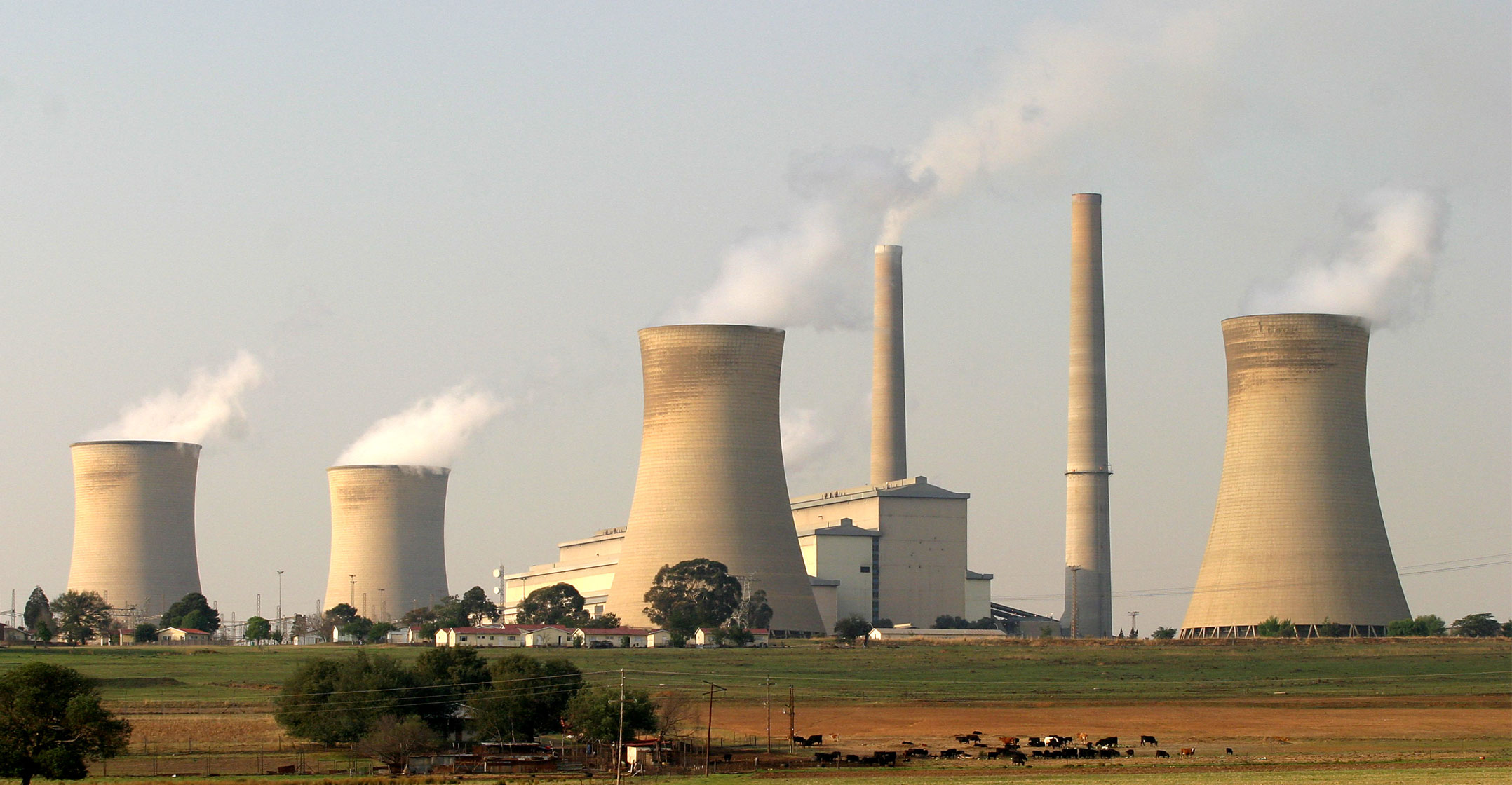 Debt-stricken state power utility Eskom reported a record loss of R20.7-billion on Tuesday, highlighting the severity of the threat it poses to South Africa’s economy.
Debt-stricken state power utility Eskom reported a record loss of R20.7-billion on Tuesday, highlighting the severity of the threat it poses to South Africa’s economy.
Eskom’s loss for the year to March widened from R2.3-billion the year before as power sales generated insufficient income to cover its operating costs and interest payments. The utility, which generates about 95% of the nation’s electricity, had amassed net debt of R430.8-billion at the end of the financial year and the government is giving it a R128-billion bailout over the next three fiscal years to keep it afloat.
The release of the results at the utility’s Johannesburg headquarters comes on the eve of Phakamani Hadebe’s departure as CEO — he announced he was quitting two months ago because he said the “unimaginable demands” of the job were taking a toll on his health. Eskom chairman Jabu Mabuza will also take on the role of acting CEO while a permanent replacement is sought, a process the utility said will be concluded within three months.
The delayed appointment, along with the stalled announcement of a chief restructuring officer to oversee plans to split Eskom into three operating units and restructure its debt, illustrates the difficulties the government has faced in recruiting suitably qualified and politically acceptable candidates to turn the utility around.
Besides not selling enough power, Eskom has thousands more workers than it says it needs and is confronting massive cost overruns at two new partially completed coal-fired plants. The nation’s powerful labour unions, which played a key role in helping President Cyril Ramaphosa win power, oppose staff cuts and breaking it up into generation, distribution and transmission units under a state holding company, fearing that will be a precursor to privatisation. — Reported by Paul Burkhardt, (c) 2019 Bloomberg LP




